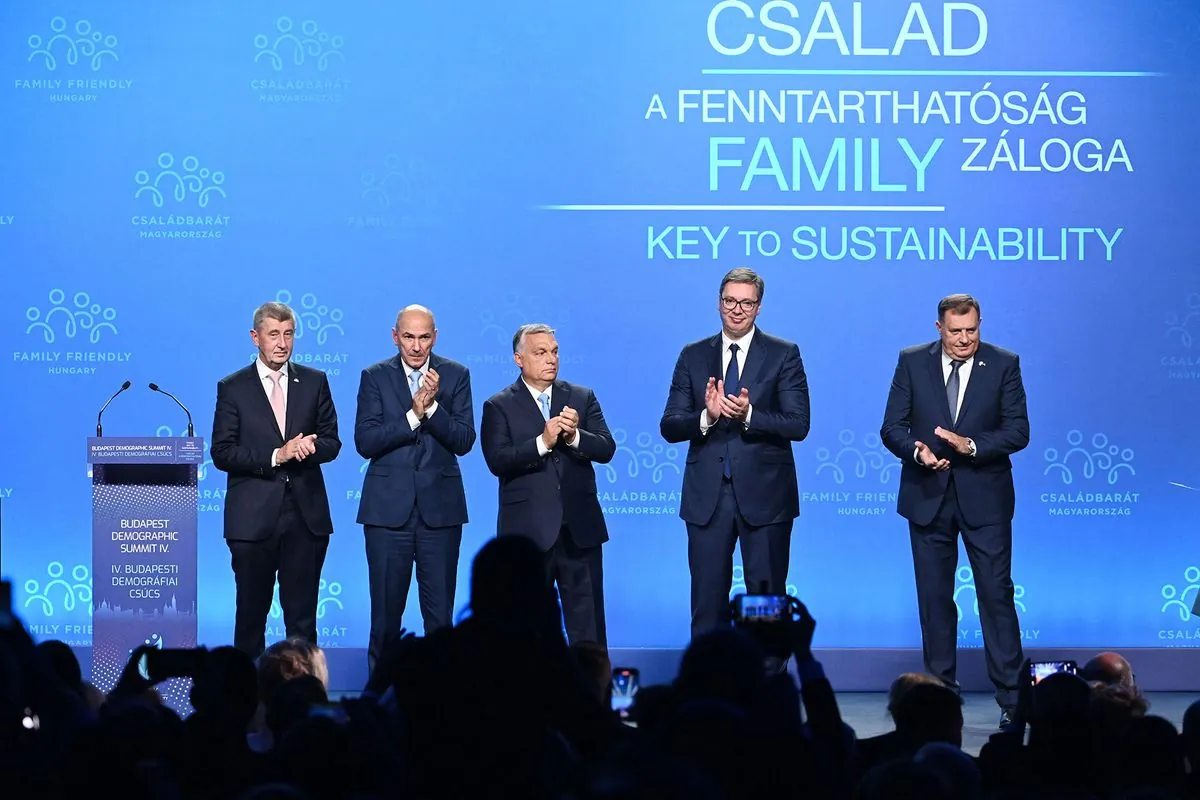Europe's Shifting Stance on Immigration: A Continental Trend
European nations, including Germany and France, are adopting stricter immigration policies, contrasting with the UK Labour Party's approach. This shift reflects a growing continental consensus on managing migration.

In the summer of 2015, Angela Merkel's "Wir schaffen das" (We can do this) declaration marked a pivotal moment in European immigration policy. The then-German Chancellor's statement, made during the height of the Syrian refugee crisis, signaled an open-door approach to asylum seekers. However, in the nine years since, approximately 2.85 million individuals have sought asylum in Germany, leading to significant shifts in political attitudes across the continent.
Angela Merkel, who served as Chancellor from 2005 to 2021, initially embodied a widespread sentiment among European leaders that wealthy Western nations could manage large-scale migration. This perspective, however, faced growing opposition from the public, resulting in the rise of political movements advocating for stricter immigration controls.
The political landscape has evolved considerably since 2015. Many European leaders who initially supported Merkel's approach have either been voted out of office or have adopted more restrictive policies. This shift is evident across the political spectrum, from right-wing governments to center-left administrations.

In Italy, the election of Giorgia Meloni in 2022 marked a significant change, as she became the country's first female Prime Minister with opposition to mass migration as a core policy. Similarly, Denmark, under a Social Democrat-led government, has implemented some of the strictest immigration policies in Europe.
France and Germany, two of the EU's largest economies, are also adapting their approaches. Michel Barnier, France's new prime minister and former EU Brexit negotiator, has advocated for a temporary halt on non-European immigration. In Germany, discussions are underway about potentially adopting offshore processing of asylum applications, similar to the UK's controversial Rwanda plan.
"Offshore processing of asylum applicants is an option we are considering."
This continental shift towards stricter immigration policies contrasts sharply with the approach of Sir Keir Starmer, leader of the UK Labour Party since 2020. Starmer's decision to abandon the Rwanda scheme and focus on law enforcement to address illegal migration has been criticized as out of step with the broader European trend.
The evolving situation highlights the complex challenges faced by European nations in managing migration. While the EU has established mechanisms like the Common European Asylum System (CEAS) and agencies such as Frontex to coordinate border control, individual countries are increasingly seeking their own solutions.
As Europe continues to grapple with these issues, the continent's approach to immigration remains a critical topic of debate, with potential implications for international relations, economic policies, and social cohesion across the region.


































